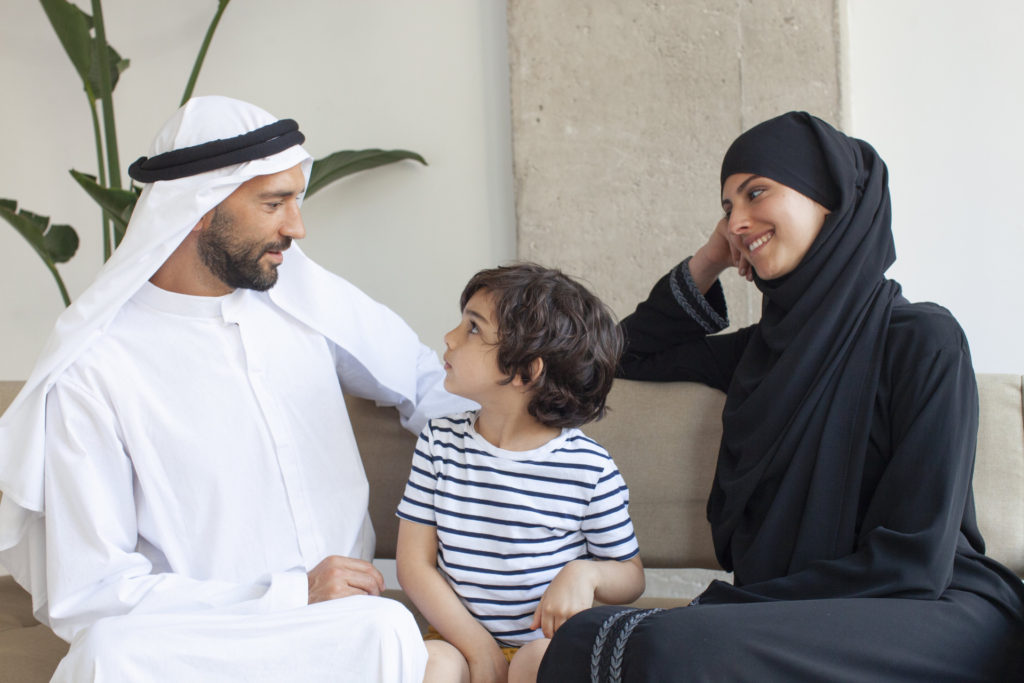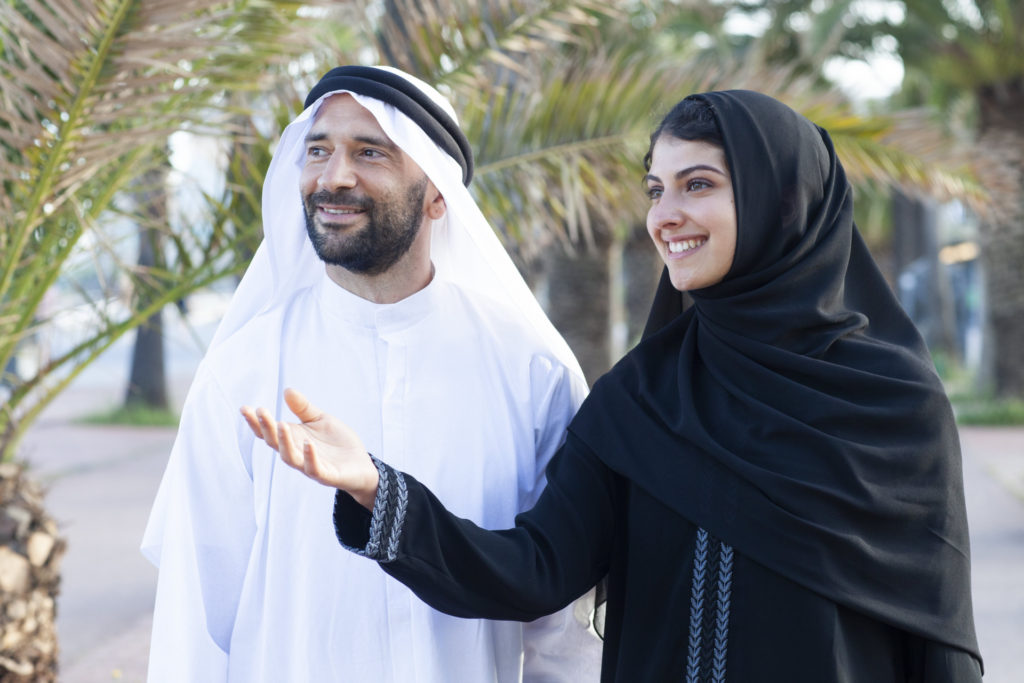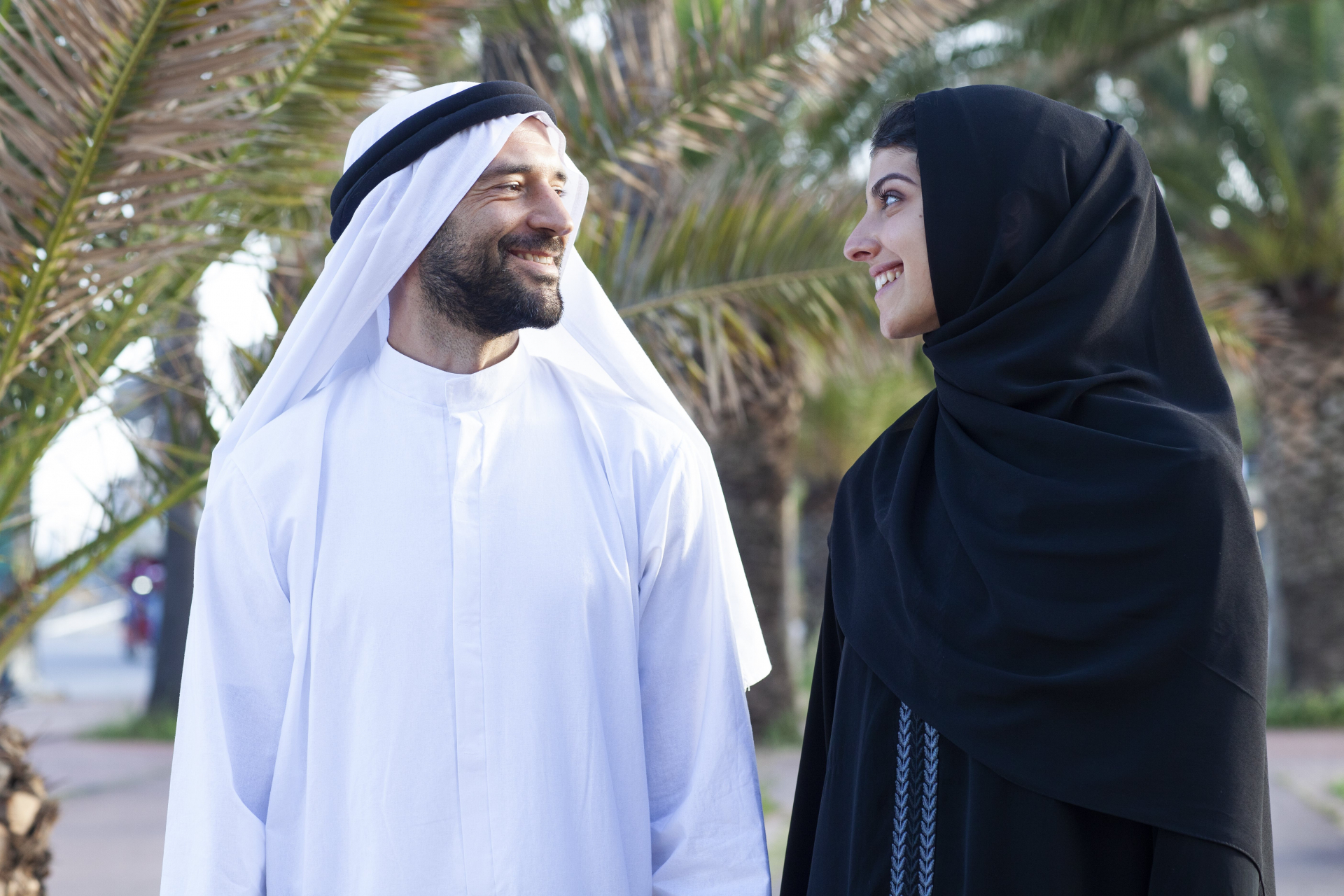قال د. حسين الخزاعي ” اذا كان صاحبك عسل لا تلحسه كله
アラビア語表現「イザ・カン・サヒブカ・アーサル・ファラ・タルハスフ・クラーフ
英語翻訳: If your friend is honey, don’t lick him all
日本語での近いことわざ「親しき仲にも礼儀あり」「近しき中にも垣を結え」
このアラビア語のことわざは、友人や知人が優しいからといって、その人の優しさに甘えすぎたり、頼りすぎてはいけない、という意味です。
類似する日本語のことわざは
親しい間柄だからこそ礼儀を忘れずに接するべき
親しくなったとしても、相手への配慮は忘れるべきではないという意味です。
優しい友人・知人に対して色々許してもらえるからと、段々とその優しさを当たり前のことのように勘違いしてしまう人がいます。
ですが、相手の事を自分に置き換えてよく考えてみてください。色々してもらえるからといって、自分勝手に甘え続けるのは良くありません。相手を頼り過ぎれば結果として、相手に迷惑をかけてしまうのです。

例えば・・・・・
旅先で宿が見つからず困っている人がいて、気の毒に思った人が、旅人を自分の家へ招きました。
1日泊めるつもりが、2,3日と日数が延びていき、旅人はとうとう親切な人の家に住み着いてしまいました。お金も払わず、働きもせず、ただ食べたり飲んだり・・・・。
親切な家の主も決して裕福な訳ではありません。旅人の横暴な振る舞いにホトホト困ってしまいました。
しばらくして、家の主は旅人に出ていくように命じました。旅人は主に「あなたは薄情でひどい人だ」と、泣きながら出ていきました。
親切に家に泊めた家の主の行いがまちがっているのでしょうか?それとも主の親切を当たり前のように受けて、図々しく家に居座った旅人が悪いのでしょうか?
イスラムの教えの中に
「あらゆる恵みに対し、その恵みの応じた感謝を行うことは、価値を理解できる、ということを意味する。」
というものがあります。
他者を理解し、感謝をすることはとても重要なことのです。
預言者ムハンマドが最初に神から受けた啓示は「読め」でした。
「読め」とは、ただ単に文字を読むことを指しているのではなく、「読むことによって智を得ること」をさしていると考えられます。
智を得るということは、自己の中に、他者への尊敬や感謝の念を創造します。
Allahは、智を得ることを推奨することで、自らを変えるチャンスを万人に与えてっ下さっているのです。
イスラム教では教義の中で、繰り返し相互理解の中で共生することを説いています。
相互理解の中で、他者に対する尊敬・慈しみ・感謝は必要不可欠なのです。
冒頭で紹介したアラビアのことわざは、イスラムの教えを深く反映している言葉なのです。

قال د. حسين الخزاعي ” اذا كان صاحبك عسل لا تلحسه كله
Arabic expression “Isa Khan Sahibka Athar Farah Tarhasuf Khulaf
English translation: If your friend is honey, don’t lick him all
A close proverb in Japanese: “Be courteous to your friend”, “Tie a hedge around your friend”.
This Arabic proverb means that just because a friend or acquaintance is kind to you, you should not take advantage of his/her kindness or rely on him too much.
A similar Japanese proverb is
Because you are close to someone, you should treat him or her with courtesy.
It means that even if you are close to someone, you should not forget to be considerate to them.
Some people mistakenly think that because they are allowed to do many things to their kind friends and acquaintances, they gradually take their kindness for granted.
However, please think about the other person in terms of yourself. It is not good to continue to selfishly take advantage of someone just because they do a lot for you. If you rely on them too much, you will end up causing them trouble.
For example: ・・・・・
A traveler was having trouble finding a place to stay on a trip, and someone who felt sorry for him invited him to his house.
The traveler was supposed to stay for one day, but the number of days extended to two or three, and the traveler finally took up residence in the kind man’s house. He didn’t pay, he didn’t work, he just ate and drank ・・・・.
The owner of the kind man’s house is not wealthy. The traveler’s rude behavior was very embarrassing to him.
After a while, the owner of the house ordered the traveler to leave. The traveler told the Lord, “You are a heartless and terrible person,” and left crying.
Was the householder who kindly let him stay in his house wrong in his behavior? Or is it the traveler’s fault for taking the Lord’s kindness for granted and staying in the house so brazenly?
In the teachings of Islam
“To give thanks for every blessing in proportion to its grace means that one understands its value.
This means that we can understand the value of others and give thanks.
Understanding and appreciating others is very important.
The first revelation that the Prophet Muhammad (pbuh) received from God was “Read.
The word “read” does not simply mean to read, but to gain wisdom through reading.
Gaining wisdom creates respect and appreciation for others within oneself.
By encouraging the attainment of wisdom, Allah is giving everyone a chance to change themselves.
In Islam, the doctrine of coexistence in mutual understanding is repeatedly taught.
In mutual understanding, respect, compassion, and gratitude toward others are essential.
The Arabic proverbs introduced at the beginning of this article are words that deeply reflect the teachings of Islam.



